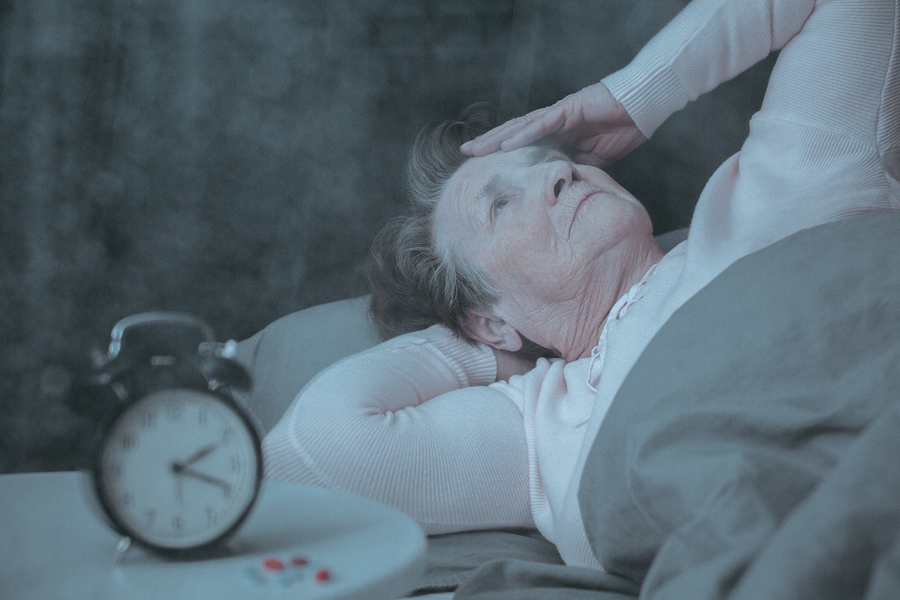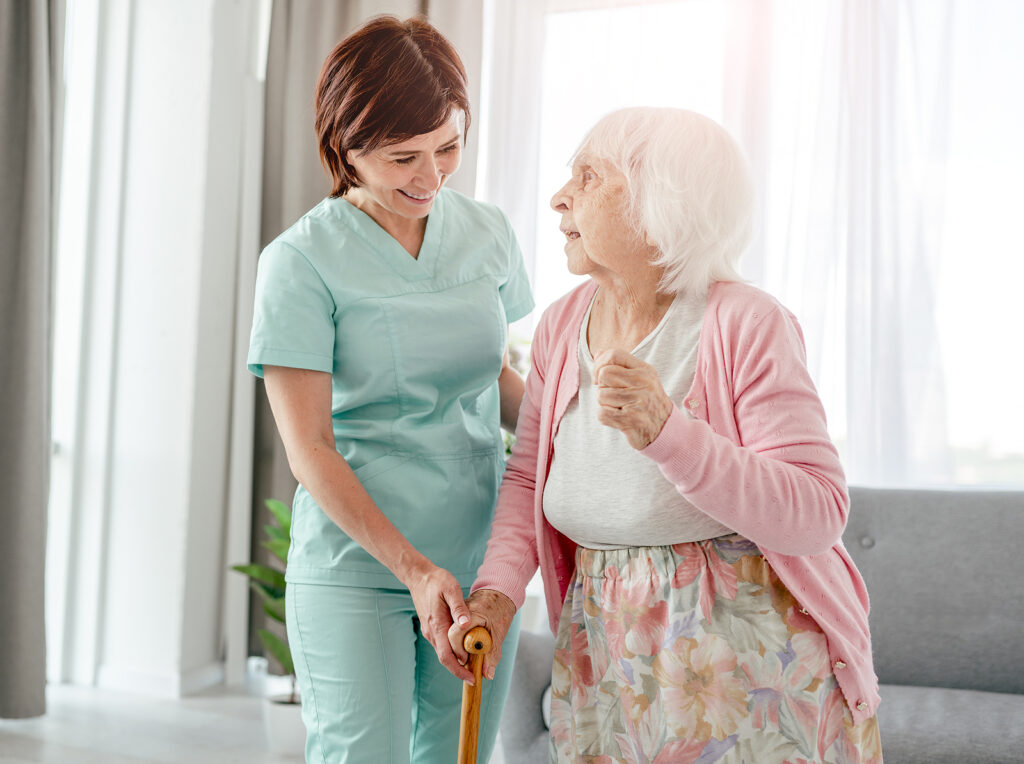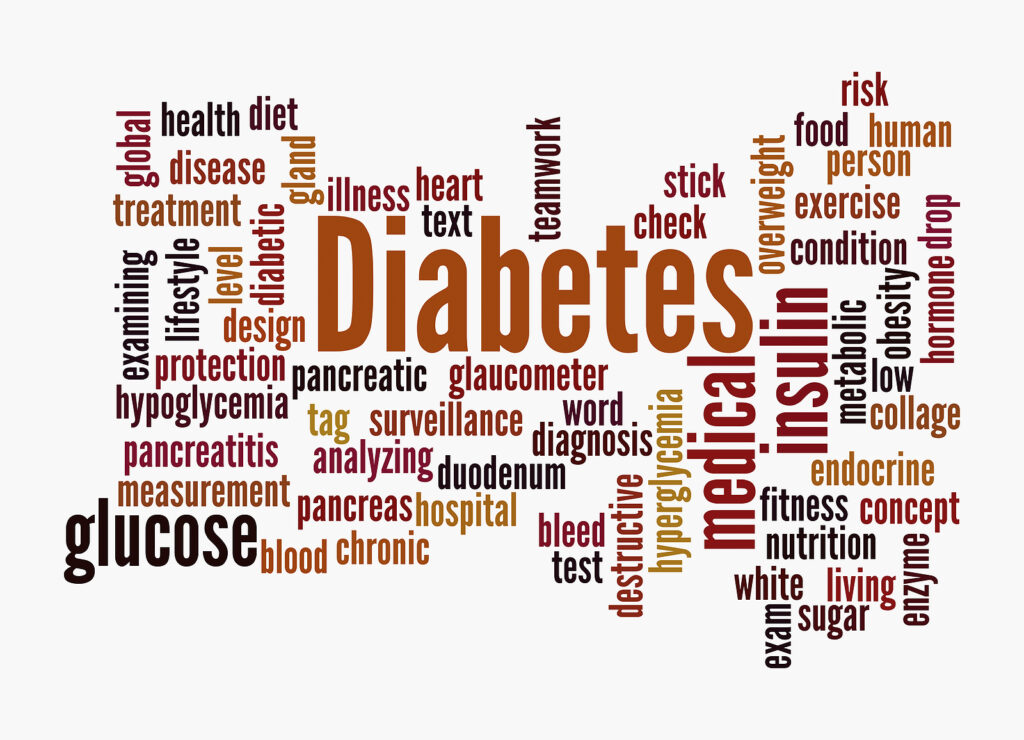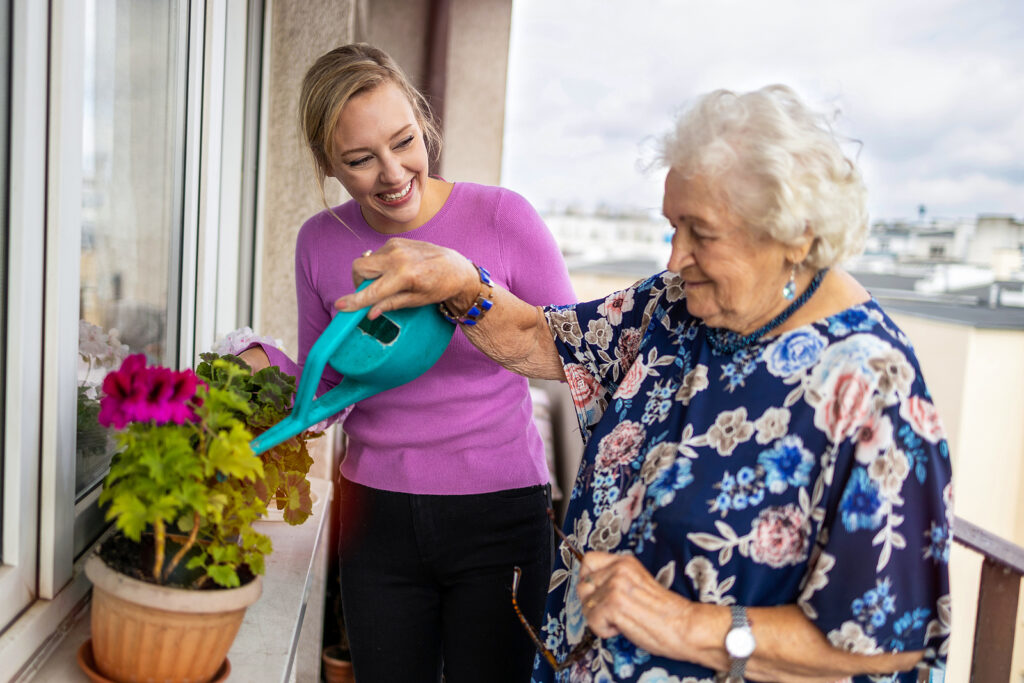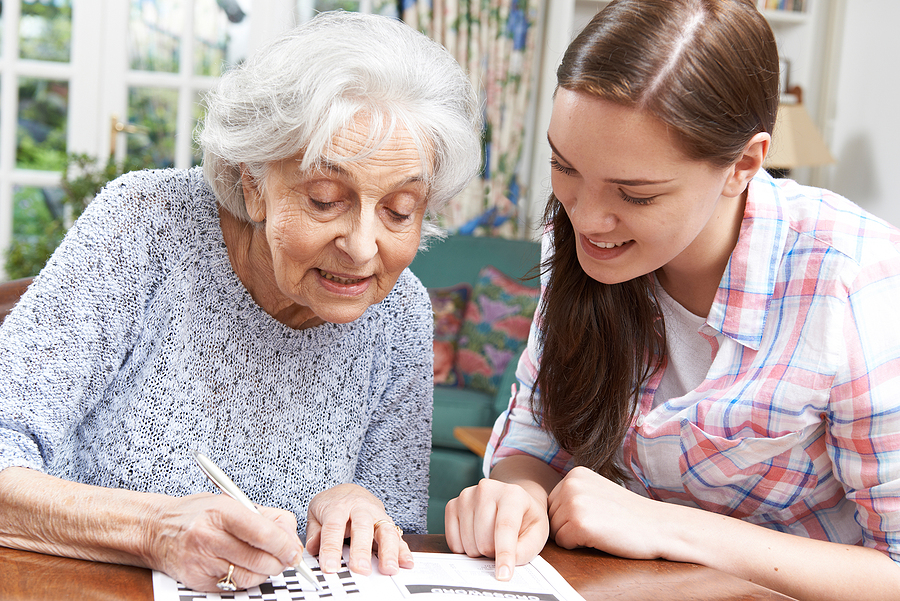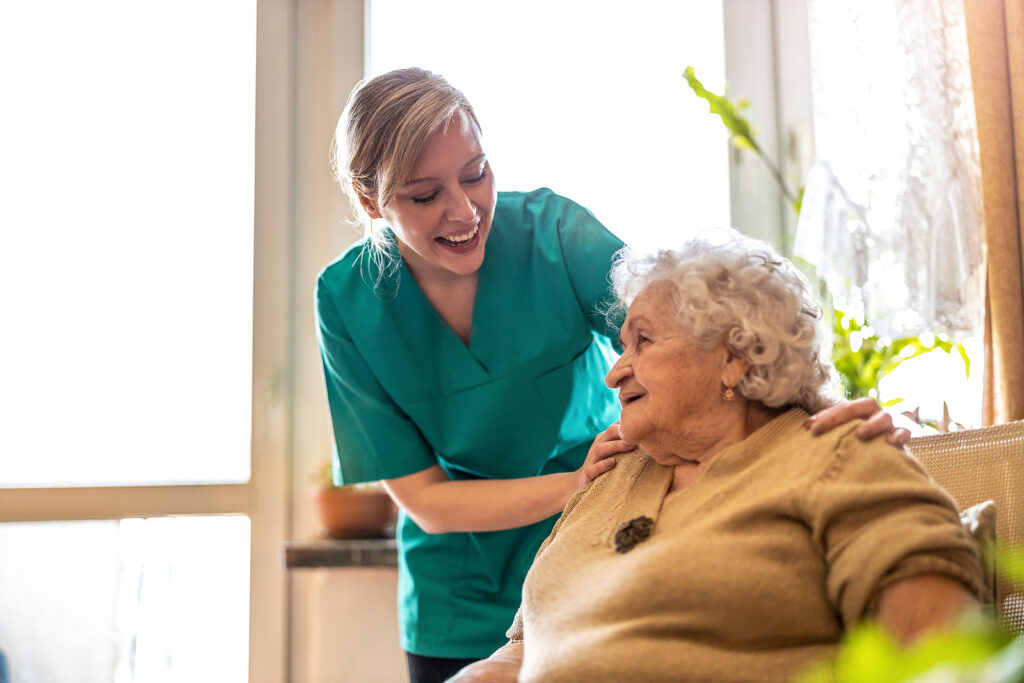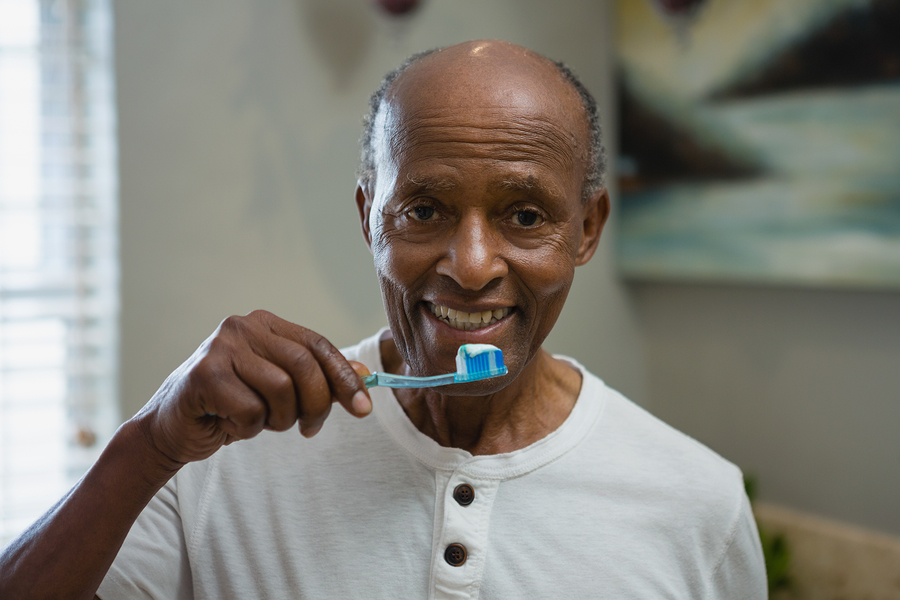Five Tips to Focus on Better Sleep for Your Senior
Don’t Believe All Sleep Problems Are Just Because of Age
You might have heard your elderly family member or other aging adults say that sleep issues are just a normal part of aging. But that’s not the case. Sleep problems are something that your aging family member can do something about. It isn’t always easy to figure out exactly what is causing sleep issues, but avoiding the topic definitely won’t help the situation at all.
Start Tracking Meals, Beverages, and Medications
One of the easiest culprits to narrow down is related to meals, beverages, and even medications. Side effects from medications can lead to sleep issues, especially if your senior is taking a new medication. But what and when your elderly family member eats and drinks also matters. In-home care providers can help your aging family member to keep detailed food diaries to help narrow it all down.
Look at Her Sleep Space
Another big culprit is your senior’s sleep space. Is her room comfortable enough for her to sleep easily? What about the temperature overnight? Some people cannot sleep without a fan running. If that’s true for your senior, check out whether adding one helps. Little details can make a big difference in whether she gets the sleep that she needs or not. In-home care providers can help your elderly family member to keep her room tidy, too, which has more to do with getting quality sleep than many people realize.
Focus on How to Set up a Solid Sleep Routine
Sleep is a habit as much as anything else is. What time is your senior getting up and going to bed? If she’s random in her sleep routine, that might make it more difficult for her brain to unwind and actually rest when she wants to sleep. In-home care providers can help your elderly family member to establish and stick to routines throughout the day that keep her sleeping well.
Don’t Ignore Sleep Issues
The bottom line is that if your elderly family member is having any trouble sleeping at all, don’t ignore it. Talk it over with her doctor right away to determine if there are any possible medical causes at work. Ruling those out is going to be the key to ensuring that your senior’s health doesn’t suffer from the sleep she’s missing out on.
It’s worth it to figure out what is keeping your senior from getting quality sleep. Her entire quality of life improves when her body and brain are getting the rest that they need.
Source
https://www.webmd.com/sleep-disorders/features/when-older-folks-cant-sleep
If you are considering in-home care in Park Slope, NY, for an aging loved one, please contact the caring staff at Touching Hearts At Home of NYC today at 212-201-6139.
You may also like:
Sun Protection and Seniors
Companion Care at Home in Park Slope NY: Summer can be a tough time for seniors to do certain activities.…
Recognizing the Warning Signs of Diabetes in Seniors
Home Care Assistance in Mamaroneck NY: Detecting diabetes earlier can help avoid consequences like heart disease and cognitive decline.
Why Seniors Living At Home Need 24-Hour Home Care
24-Hour Home Care in New York City NY: If your senior wants to age in place, but you’re concerned about…
Four Great Spring Outdoor Activities for Seniors
Home Care in Upper East Side NY: Finding something your elderly loved one will enjoy is the key to getting…
How Many Steps Should Seniors Walk to Be Healthier?
Walking is fantastic exercise for people of all ages, including seniors. But there is a lot of confusion about how…
Boost Brain Power During American Crossword Puzzle Week
Companion Care at Home in Brooklyn NY: Here are a few things to know about how crossword puzzles benefit brain…
What Are the Benefits of Seniors Aging in Place?
For so many seniors, aging in place is the only way they want to move forward in terms of their…
Out-of-the-Box Ways to Help Seniors Boost Memory
Elder Care in Scarsdale NY: Memory declines gradually with age, but that doesn't mean seniors need to accept it.
Common Oral Health Issues for Aging Adults
Personal Care at Home in Westchester County NY: Seniors are at risk for a variety of different oral health conditions.

